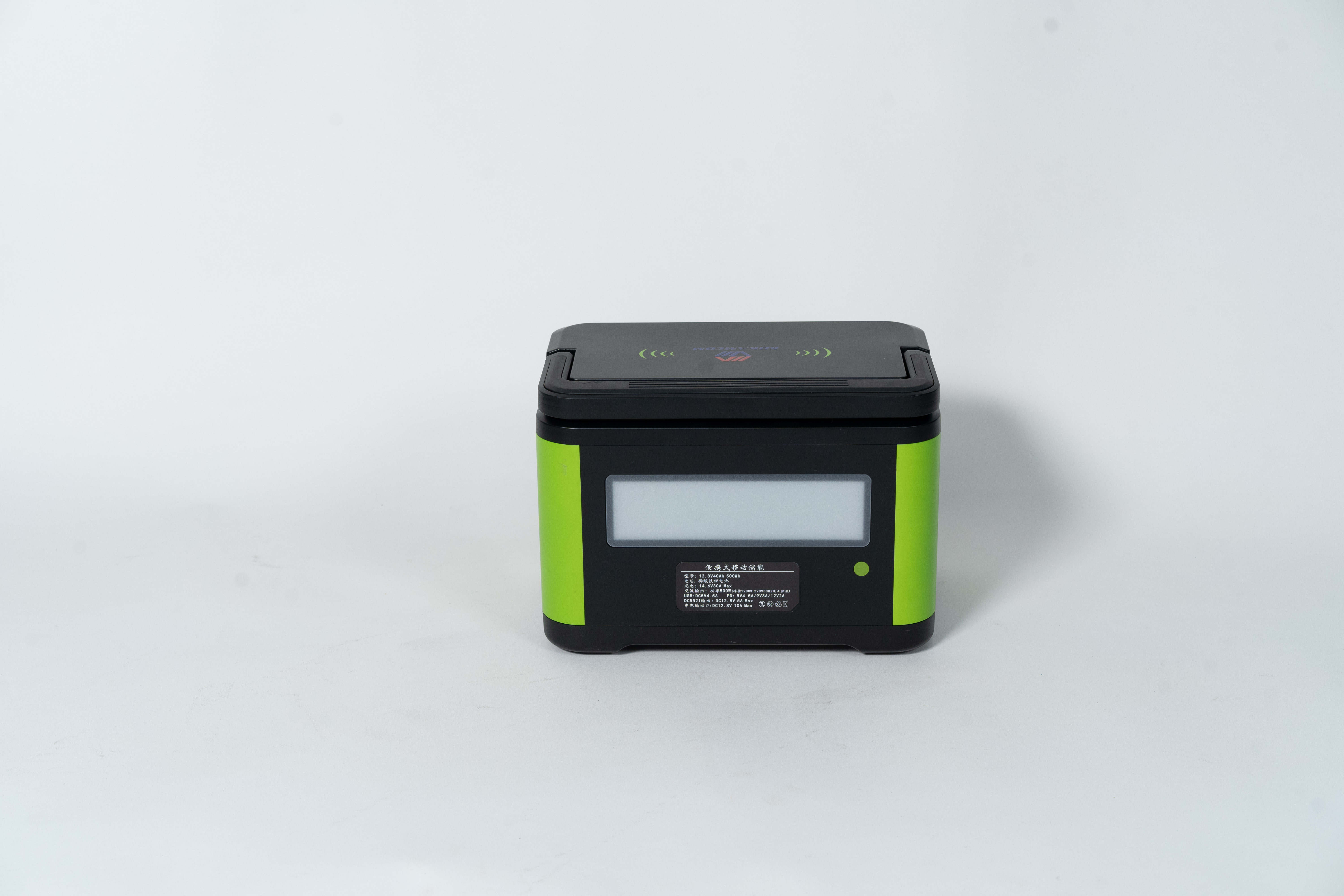Introduction: In today’s fast-paced world, the demand for portable energy sources has skyrocketed. Among the various types of batteries available, lithium batteries have emerged as a game-changer, revolutionizing the way we power our devices. Known for their high energy density, long lifespan, and lightweight design, lithium batteries have become an integral part of our daily lives. This article aims to delve into the intricacies of lithium batteries, exploring their chemistry, advantages, applications, and the challenges they pose.

Chemistry behind Lithium Batteries: Lithium batteries operate on the principle of electrochemical reactions, converting chemical energy into electrical energy. They consist of two electrodes: an anode (negative electrode) and a cathode (positive electrode), separated by an electrolyte. During discharge, lithium ions (Li+) migrate from the anode to the cathode through the electrolyte, creating a flow of electrons in an external circuit, which powers the device. Rechargeable lithium batteries, known as lithium-ion batteries, reverse this process during charging.
Advantages of Lithium Batteries:
High Energy Density: Lithium batteries offer a higher energy density compared to other battery types, such as nickel-cadmium (NiCd) or nickel-metal hydride (NiMH). This means they can store more energy per unit weight and volume, making them ideal for portable devices.
Long Lifespan: Lithium batteries have a longer lifespan, with some models capable of enduring up to 1000 charge-discharge cycles. This longevity translates to fewer replacements and lower maintenance costs.
Low Self-Discharge Rate: Lithium batteries have a low self-discharge rate, allowing them to retain their charge for extended periods. This makes them suitable for devices that are not frequently used, such as emergency equipment or portable medical devices.
Lightweight and Compact: The high energy density of lithium batteries enables them to be lightweight and compact, making them an excellent choice for portable electronic devices, electric vehicles, and aerospace applications.
Applications of Lithium Batteries:
Consumer Electronics: Lithium batteries power a wide range of consumer electronics, including smartphones, tablets, laptops, and wearable devices. Their compact size and long lifespan make them an ideal choice for these applications.
Electric Vehicles (EVs): The automotive industry has embraced lithium batteries for EVs due to their high energy density and long lifespan. These batteries provide the necessary range and acceleration required for modern electric vehicles.
Renewable Energy Storage: Lithium batteries are increasingly being used for energy storage in renewable energy systems, such as solar and wind power. They store excess energy during peak production and supply it during periods of high demand or low generation.
Medical Devices: Lithium batteries power various medical devices, including pacemakers, insulin pumps, and defibrillators. Their long lifespan and reliability make them crucial for life-saving applications.
Challenges and Future Perspectives:
Safety Concerns: Lithium batteries pose certain safety risks, such as overheating, thermal runaway, and the potential for explosion. Research is ongoing to develop advanced safety features and materials to mitigate these risks.
Resource Scarcity: Lithium, the key component in lithium batteries, is a limited resource. As demand increases, there is a need for sustainable mining practices and the exploration of alternative battery chemistries.
Environmental Impact: The disposal of lithium batteries can be environmentally harmful due to the presence of toxic materials. Proper recycling and disposal methods are essential to minimize their environmental impact.
Energy Density Improvement: Continuous research and development are focused on improving the energy density of lithium batteries, enabling longer ranges for EVs and extended battery life for portable devices.
Conclusion: Lithium batteries have revolutionized the portable energy landscape, offering high energy density, long lifespan, and compact design. Their applications span across various industries, from consumer electronics to electric vehicles and renewable energy storage. However, challenges related to safety, resource scarcity, environmental impact, and energy density improvements persist. As technology advances, it is crucial to address these challenges and continue pushing the boundaries of lithium battery technology to power our future.